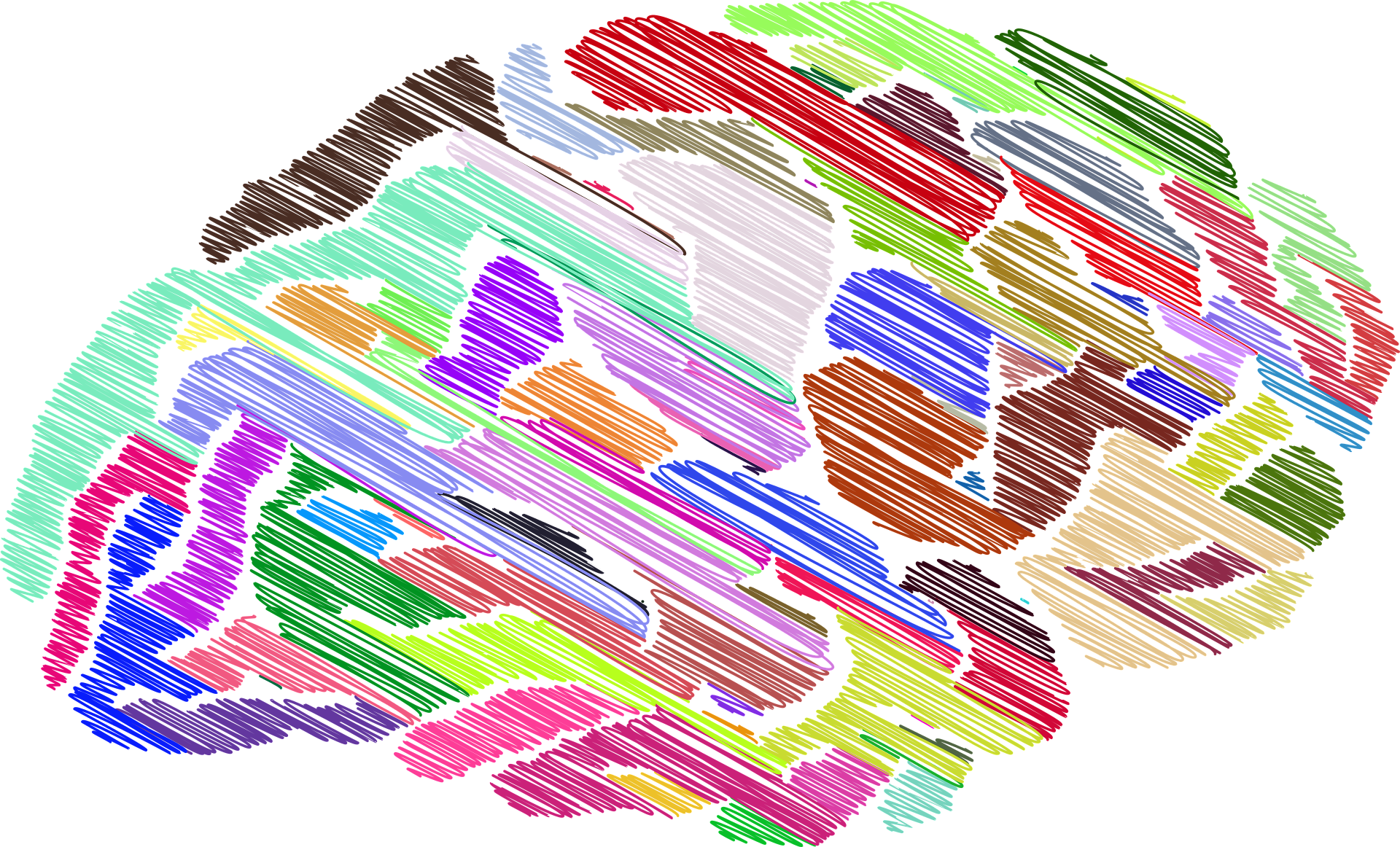Spotlight
For this spotlight, we discuss sharing an autism diagnosis or neurodivergence with housing providers and other people around living spaces such as neighbours or roommates. This is often referred to as disclosure. Disclosure in the context of workplaces and employment is more often discussed, but there are some similarities in housing. The choice to share or not share can be difficult to make and we provide some resources that can help with decision-making.
It is also important to note that housing providers such as landlords or property managers cannot ask about disabilities or require people to disclose disabilities. They also have a duty to accommodate, meaning they must adjust services, policies, or spaces to ensure housing is free from discrimination.
Context
Sharing an autism diagnosis or neurodivergence can have benefits and drawbacks to an individual’s housing needs. There are also many things to consider before and after sharing.
Opportunity
Resources to help individuals make decisions about sharing an autism diagnosis or neurodivergence can make the process easier.
The Neuroinclusive Lens

Potential benefits of sharing:
- Reducing stress and provide a feeling of relief for the Autistic or Neurodivergent individual
- Improving understanding and relationships with neighbours and landlords
- Leading to necessary housing modifications and accommodations
Potential drawbacks of sharing:
- Leading to bullying and discrimination
- Negatively impacting relationships with neighbours and landlords due to stigma and misunderstandings
- Not resulting in housing modifications or accommodations for other reasons such as safety or excessive cost
Housing Network Connections
Autistic Adults
Neurodivergent adults
Landlords
Property managers
Homeowners
Community Navigators

Tools and Resources

DISCLOSURE – Do I Start the Conversation and Let On, Speak Up and REveal?
A series of videos and tools from the Bloorview Research Institute to aid decision-making on disclosure in the workplace that might be helpful when applied to housing.

Disclosing your autism guide
A guide from the National Autistic Society in the United Kingdom for parents, caregivers, and Autistic adults

Disclosure and self-advocacy resource
Helpful articles and stories about disclosure from The Association for Autism and Neurodiversity.

Responsibilities under the Code as a landlord
A resource for landlords and property managers about responsibilities and accommodations from British Columbia’s Office of the Human Rights Commissioner. Similar resources are available in other provinces.
